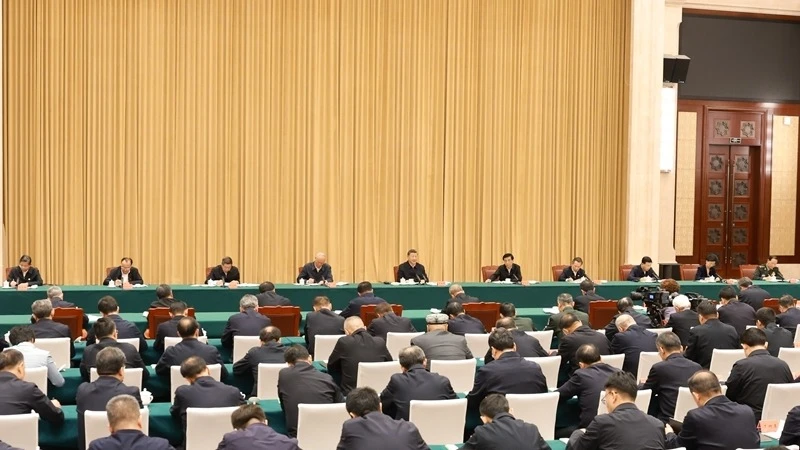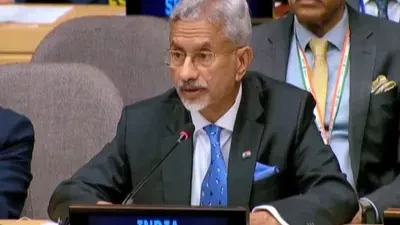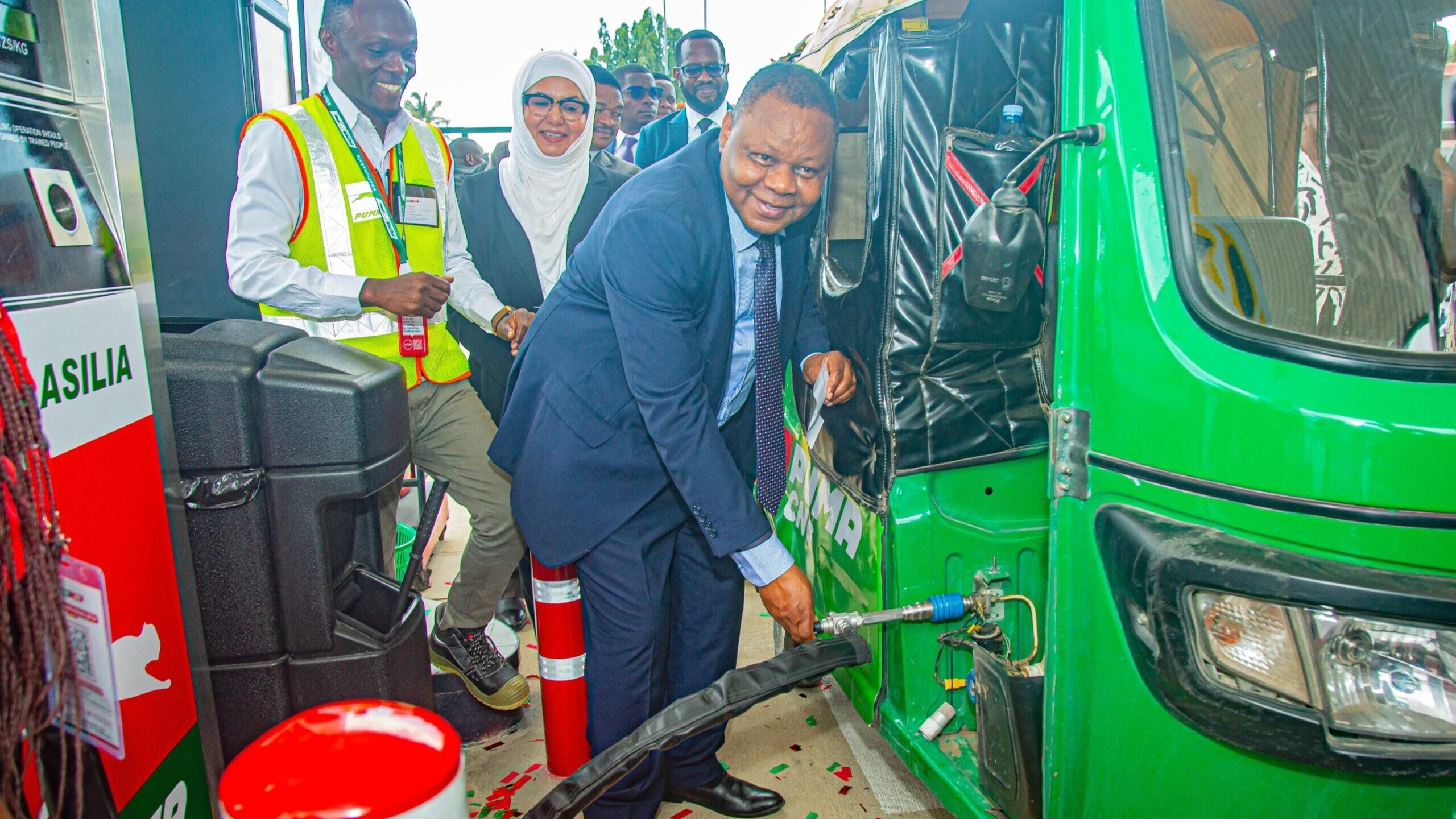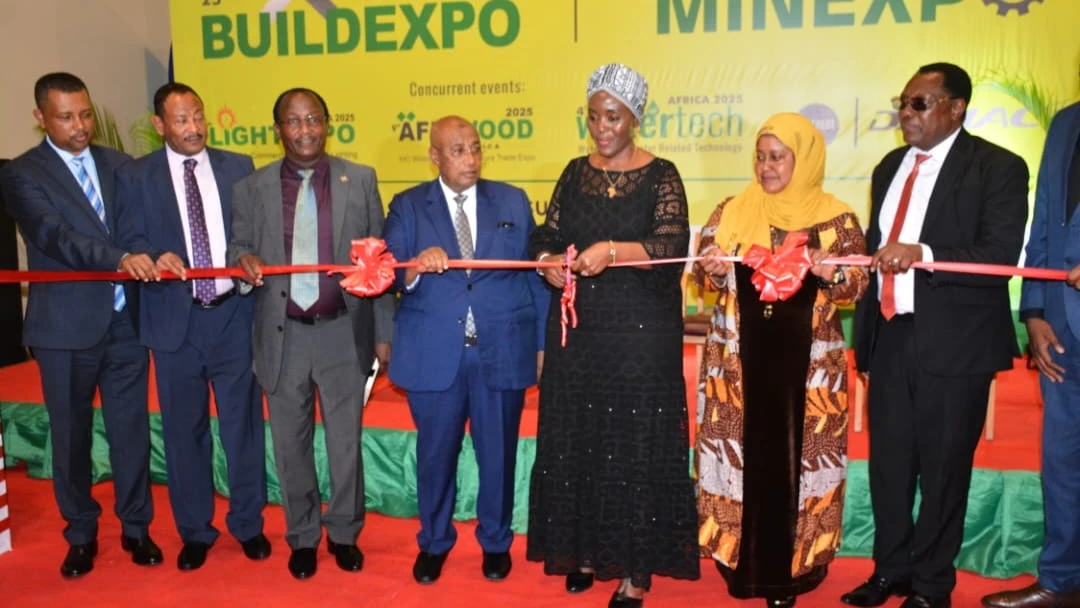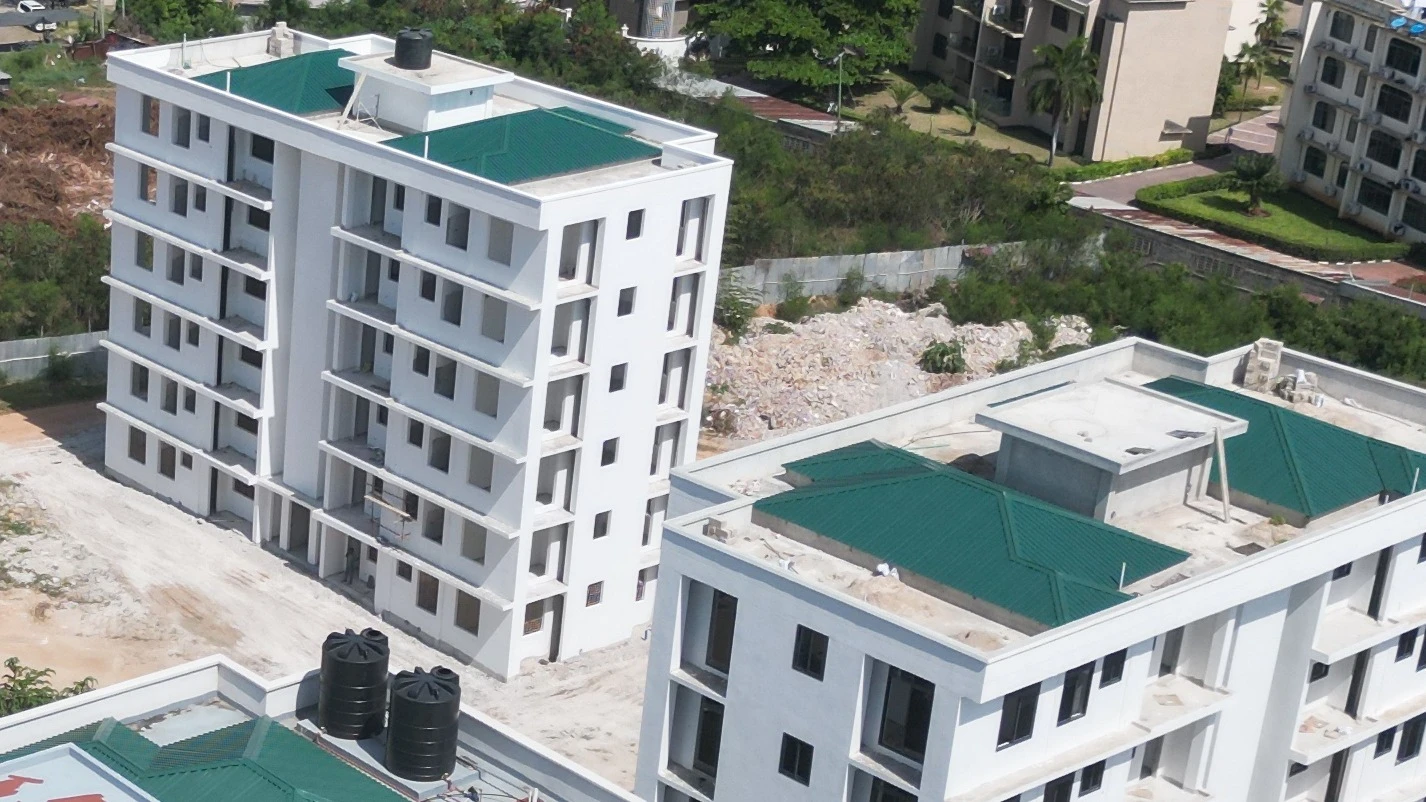Tanzania's property market soars on a wave of urbanization and investment
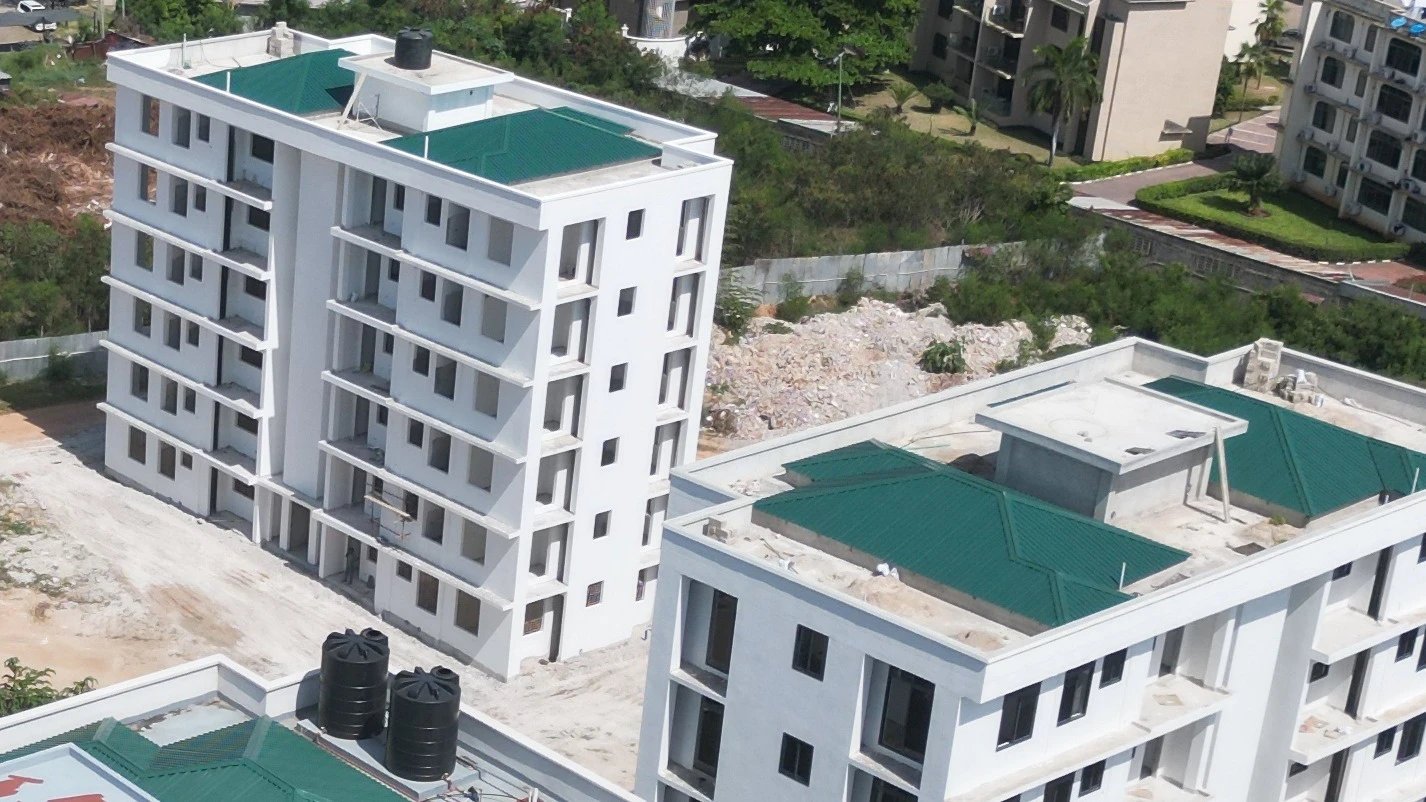
Tanzania's property market is in the midst of a remarkable boom, with residential prices skyrocketing by 86 percent over the past five years. This surge is not a bubble, but a clear reflection of robust economic fundamentals, massive government investment, and a dramatic acceleration of urbanization.
From bustling Dar es Salaam to the scenic streets of Zanzibar, real estate values are on a trajectory of sustained growth, attracting both local and foreign investors. Since 2020, residential property values have seen an astounding 86.65 percent increase in real terms. Dar es Salaam, the country's commercial heart, has been a key driver, experiencing a consistent annual growth of 5-7 percent.
The market's strength is underpinned by attractive rental yields, which in prime areas of the capital, such as Masaki and Oyster Bay, deliver a healthy 6-9 percent annually. Overall, the city's average yield sits at a respectable 5-7 percent, making it a highly profitable destination for property investors. This performance is echoed in other major cities like Arusha and Dodoma, where yields range from 6-8 percent, fueled by tourism, government functions, and steady demand.
This incredible growth is being supercharged by a confluence of factors. One of the most significant is the substantial government commitment to infrastructure. Tanzania has allocated over $13.5 billion in infrastructure spending through 2030, targeting roads, ports, railways, and energy systems.
This ambitious program is expected to transform connectivity and significantly boost property values. Areas around new transport links, such as SGR stations and improved highway networks, are already seeing strong appreciation.
At the core of the market's dynamism is a fundamental imbalance between supply and demand. Tanzania is experiencing one of Africa's fastest urbanization rates, with 500,000 to 900,000 people migrating to urban centers annually in search of economic opportunities. This has led to a dramatic increase in household formation, with roughly 350,000 new households created each year.
However, the housing supply is struggling to keep pace. While approximately 200,000 new residential units are completed annually, there remains an annual deficit of about 150,000 units.
This persistent shortage, particularly in major urban areas, is a key reason for the upward pressure on both property prices and rental rates. The construction sector is heavily focused on addressing this gap through affordable housing initiatives, but the sheer speed of urbanization means the demand continues to outstrip supply, creating a robust environment for property investment.
Tanzania's property market offers a wide range of options, with significant price variations across regions and property types. The national average for residential properties is approximately $1,200 per square meter. However, this figure masks the premium prices commanded in high-end markets. In Dar es Salaam, prime locations like Masaki and Oyster Bay reach up to $3,820 per square meter, while more suburban apartments range from $625 to $1,200.
Zanzibar City, with its strong tourism appeal, represents another premium market, averaging $3,700 per square meter. In contrast, cities like Arusha and Dodoma offer more accessible prices, with residential properties ranging from $700 to $1,200 per square meter.
The commercial property market in Dar es Salaam is also thriving, with prime office space in the city center commanding rental rates of $15 to $25 per square meter per month.
The ability to finance property has become increasingly accessible, thanks to significant improvements in the mortgage market. Over the past decade, mortgage interest rates have seen a substantial decline from 22 percent to a more manageable 15 percent.
This reduction is a direct result of financial sector reforms implemented in 2023, which have enhanced competition among lenders and made property purchases more affordable for the growing middle class.
The market's vitality has also been recognized on the international stage. Foreign direct investment (FDI) in Tanzania’s real estate sector has surged by 63 percent over the last five years, with a particularly strong performance in 2024-2025.
This influx of capital reflects growing international confidence in the country's economic stability. China leads the investment contributions, followed by Japan, the United Arab Emirates, and South Africa. These investors are targeting everything from large-scale residential complexes to high-end hospitality projects, diversifying the market and reducing dependence on any single source of foreign capital.
The future of Tanzania's property market looks exceptionally bright. The World Bank, IMF, and major local banks all project annual property sector growth rates of 5-8 percent for the period 2025-2030.
These optimistic forecasts are grounded in the continuation of key drivers: sustained government infrastructure investment, stable foreign direct investment inflows, and the relentless trend of urbanization.
The rapid growth in the urban population and the ongoing housing deficit present both a challenge and a massive opportunity. While informal settlements continue to expand, the need for formal, quality housing remains a powerful engine for market growth.
This sustained demand, combined with an increasingly favorable investment climate and significant government backing, positions Tanzania's property market as a prime destination for developers and investors for the foreseeable future. The story of this market is not just about rising prices; it’s about a nation in transition, building its future one home and one skyscraper at a time.
Top Headlines
© 2025 IPPMEDIA.COM. ALL RIGHTS RESERVED












